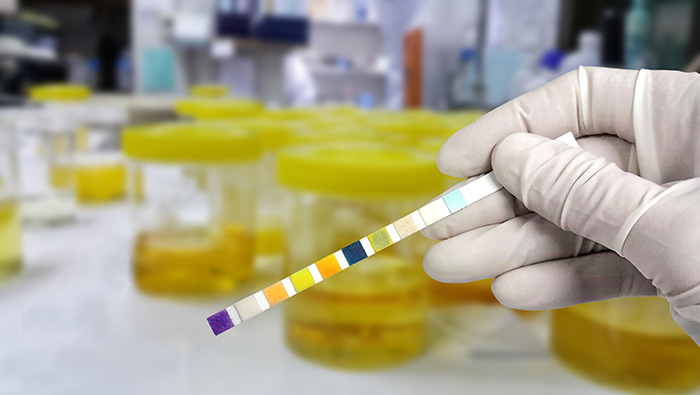The use of synthetic urine has become a prevalent practice for various reasons, from evading drug tests to engaging in pranks. However, the legality of such products and their applications varies across jurisdictions. This review delves into the legal implications of using synthetic urine, exploring the potential consequences and differences in regulations across different regions best synthetic urine.
Legal Landscape:
The legal status of the best synthetic urine is a complex and evolving subject. While many jurisdictions allow the sale and use of synthetic urine for novelty or fetish purposes, issues arise when it comes to deception in drug testing or other illicit activities. Understanding the legal landscape is crucial for users to navigate potential consequences.
Consequences for Deceptive Practices:
- Drug Testing Fraud:
Using synthetic urine to deceive drug tests can have severe legal consequences. Many jurisdictions consider such actions as fraud and may impose criminal charges or civil penalties.
- Employment Consequences:
Individuals caught using synthetic urine in the workplace for drug test evasion may face employment consequences, including termination. Employers have the right to enforce drug-free policies, and attempts to deceive testing can be grounds for disciplinary action.
Variability Across Jurisdictions:
- United States:
In the United States, the legality of synthetic urine varies by state. Some states have specific laws prohibiting the sale and use of synthetic urine for fraudulent purposes, while others may not have explicit regulations.

- Europe:
European countries often have diverse regulations regarding the sale and use of synthetic urine. While some jurisdictions may not have strict laws, others explicitly prohibit its use in certain contexts.
- Australia:
In Australia, the legality of synthetic urine is generally determined by the intended use. While it may be legal for certain purposes, using synthetic urine to deceive drug tests can result in legal consequences.
Regulatory Trends:
Increasing Regulation:
There is a trend toward increased regulation of synthetic urine, especially in the context of drug testing deception. Some jurisdictions are actively addressing legal loopholes to prevent the misuse of these products.
Medical and Research Exceptions:
Some regions provide exceptions for the use of synthetic urine in medical or research settings. Understanding and adhering to these exceptions is crucial for individuals who may have legitimate reasons for using synthetic urine.
Conclusion:
The legal implications of using the best synthetic urine are multifaceted and depend on factors such as jurisdiction and intended use. While the sale and possession of synthetic urine for certain purposes may be legal in many places, attempts to deceive drug tests or engage in fraudulent activities can lead to serious legal consequences. Users are strongly advised to be aware of the specific regulations in their jurisdiction and consider the potential risks before using synthetic urine for any purpose.




